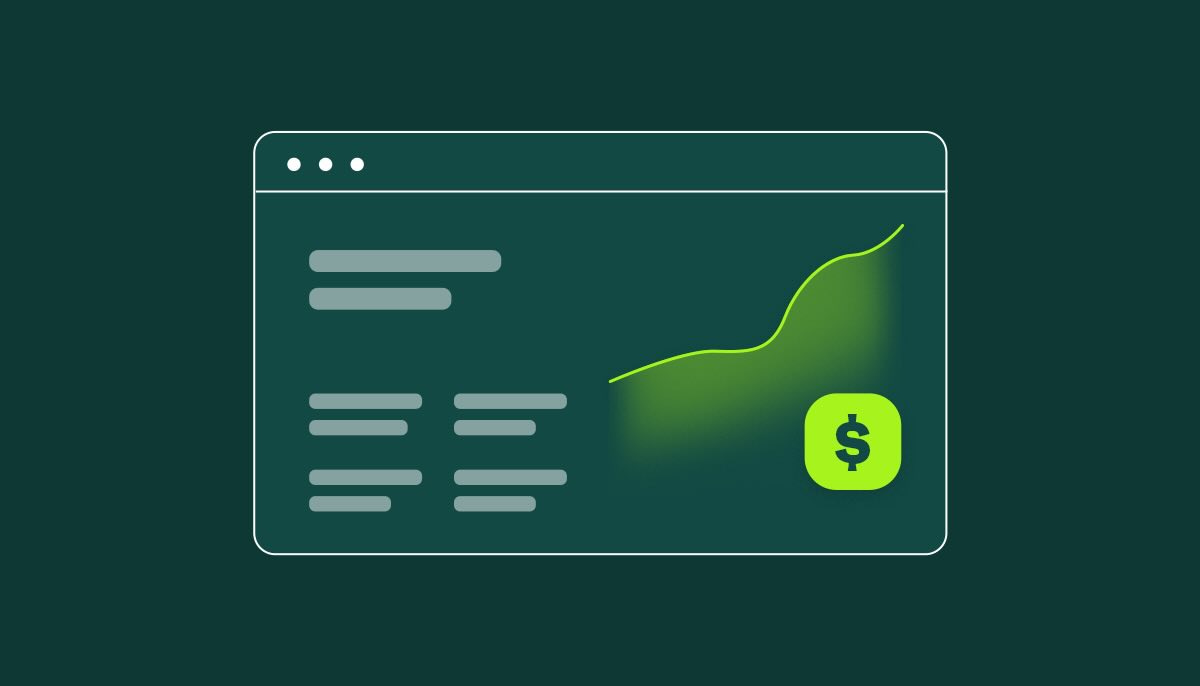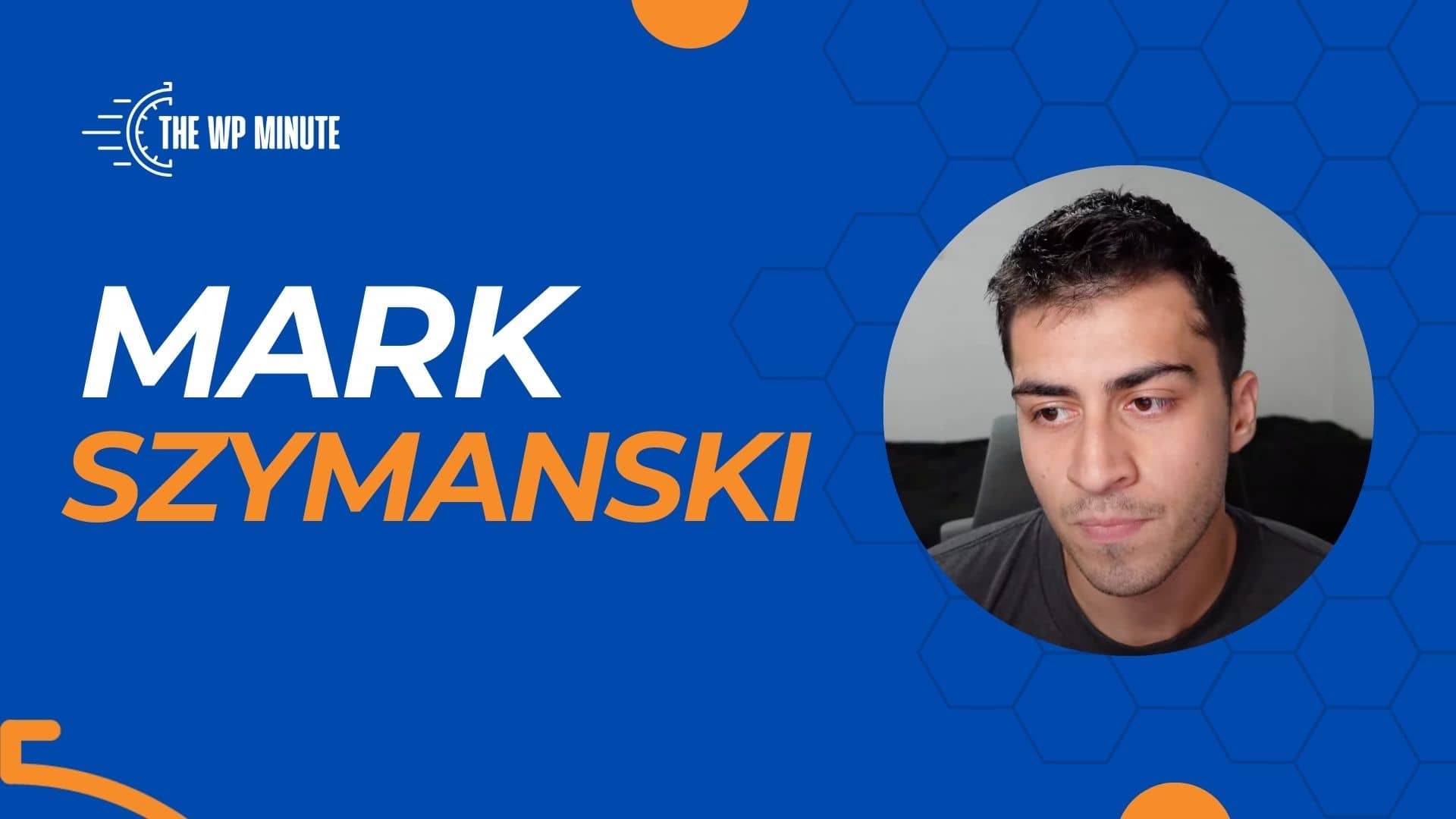Every few years, the same headlines resurface:
“WordPress is dying.”
“Just use Wix.”
“AI will make developers obsolete.”
You’ve seen the tweets. The subreddits. Maybe you’ve even felt the pull yourself toward AI-first platforms, sleek site builders, or whatever new tool promises “no code, no hassle”.
But if you’re a developer, agency owner, or professional who builds for others, the real question is: Is WordPress still a strong foundation for your business in 2025 and beyond?
This article makes the case that it is. Not because it’s perfect. But because it gives you something few platforms can: freedom, influence, and long-term viability.
We’ll explore why openness still matters, why a messy ecosystem is a strength, how the platform is evolving technically, and why WordPress remains one of the rare spaces where professionals can own both their work and their future.
WordPress Is Open-Source (And Why That Matters More Than Ever)
In a world of closed platforms and shifting APIs, open-source is a statement of autonomy.
For developers, agencies, and professionals, WordPress’s open-source foundation means you’re not locked into someone else’s vision. There’s no CEO changing direction overnight. No surprise pricing model. No “sunset” email announcing your tech stack is obsolete.
You own your code. You own your content. You even get to choose your hosting. That’s real ownership and something most platforms simply don’t offer.
This matters because building a business isn’t just about features. It’s about control. Roadmaps. Margins. Longevity.
With WordPress, you’re free to build on your terms. Use PHP or headless with React. Choose from tens of thousands of plugins or write your own. You decide the rules of engagement, not the platform.
And here’s the part most platforms can’t match: you can shape how WordPress itself evolves, though it’s not always as simple as it sounds.
Contributing to open source takes time, persistence, and sometimes even some insider know-how. The process isn’t always democratic, but the opportunity is real. Unlike closed platforms, the doors are open to new ideas, code, and influence.
When you work in WordPress, you’re participating in an open system of meaning-making. Your choices, your tools, and your voice all contribute to the larger discourse. That freedom is a strategic advantage in itself.
The Ecosystem Is Messy Alive and Well
Yes, the WordPress ecosystem can feel chaotic.
There are over 60,000 plugins and themes. Quality varies wildly. Some tools are game-changing. Others are … well, less so. Now, if you’re used to tightly curated platforms, that can look like a flaw.
A vibrant ecosystem is supposed to be a little messy. It means people are building. Launching. Experimenting. More indie developers are entering the space, and we’re seeing a new wave of creativity in blocks, design tools, and site-building frameworks.
Meanwhile, the community hasn’t slowed down. WordCamps are back. New courses are launching. Developers are sharing insights on Twitter, YouTube, and Slack. Core is actively maintained and updated with real conversations driving the roadmap.
This kind of activity signals that WordPress still has cultural momentum. It still inspires people to invest, teach, and innovate.
If you make your living inside an ecosystem, vibrancy matters more than perfection. You want something that’s alive, evolving, and responsive, even if it means embracing a little chaos now and again. And that’s exactly what WordPress delivers.
The Technical Side of WordPress Is Evolving
WordPress may have started as a blogging platform, but it certainly hasn’t stayed there.
Today, it’s adapting to modern developer workflows in real time. AI-powered features are showing up across the ecosystem, from Jetpack AI’s writing assistant to block-based page builders integrating content-generation tools. Even third-party plugin developers are exploring how AI fits into form building, SEO, and accessibility.
Further reading: How to Make Sure AI Is a Good Fit for Your WordPress Product
Meanwhile, the core editing experience has undergone its most significant transformation in years. Full Site Editing (FSE) disrupted familiar workflows, but also unlocked real creative control. You no longer have to duct tape plugins together just to edit your header or template.
Under the hood, WordPress has gone JavaScript-first, with a React-based block editor, a powerful REST API, and growing support for headless architecture. More developers are now using WordPress as a headless CMS, pairing it with front-end frameworks like Next.js and Astro.
As a result, we have one of the most flexible platforms out there, whether you’re building traditional themes, decoupled front-ends, or AI-enhanced workflows. WordPress is evolving right alongside the people who build with it.
You Can Influence Its Direction
Most platforms treat you like a user. WordPress invites you to be a participant. That said, like most open-source projects, participating meaningfully comes with its own set of challenges.
Still, one of WordPress’s most overlooked strengths is this: you can help shape where it’s going. From solo developers to agencies and educators, the community plays a direct role in how the platform evolves.
Want to suggest a change to core? Join a working group.
Have feedback on the block editor? It’s being discussed — in public — in Slack channels, GitHub repos, Make blog posts, and contributor meetings.
And this isn’t just lip service. WordPress is built with its community, not just for it. That’s a different relationship than what you get on closed platforms, where roadmaps are handed down and your influence starts and ends at a feature request form.
Here, your ideas, code, and use cases can shape what’s next, whether that’s through formal contribution or just sharing your workflow with the community.
This kind of openness invites real influence i.e. the kind that builds reputation, trust, and opportunity over time.
Further reading: Go Ahead and Use WordPress Your Way
A Business Platform You Can Grow With
Whether you’re a freelance developer, a small agency, or a seasoned WordPress professional, the platform supports a wide range of business models and stages.
What makes WordPress unique is the dual opportunity:
- You can build on WordPress e.g. client sites, custom themes, and internal tools.
- And you can build for WordPress e.g. plugins, templates, courses, and SaaS-style services.
Plenty of businesses have made that leap. What started as small dev shops have turned into large-scale product companies, content brands, and high-margin service providers.
Video: Reinventing Himself From Agency Owner to Productized Service
The monetization paths are diverse:
- Client services (with full control over your pricing and delivery)
- Selling plugins or themes
- Running memberships or communities
- Launching educational products and courses
More importantly, WordPress gives you ownership of your stack, your audience, and your margins. No surprise cuts, no enforced app store rules, and no middleman taking 30%.
If your long-term goal is to build a sustainable business with real independence, WordPress remains one of the best platforms to do it.
Conclusion
In 2025 (and beyond), WordPress remains one of the few platforms where developers, agencies, and professionals can truly own their work and their future. It’s open, evolving, shaped by its community, and built to support real business growth.
If you’re serious about building with freedom, flexibility, and long-term viability, WordPress is still worth betting on.
Join The Newsletter
Get your favorite 5 minutes of WordPress news for busy professionals every week — 100% Free! Join the WP Minute Newsletter below 👇








